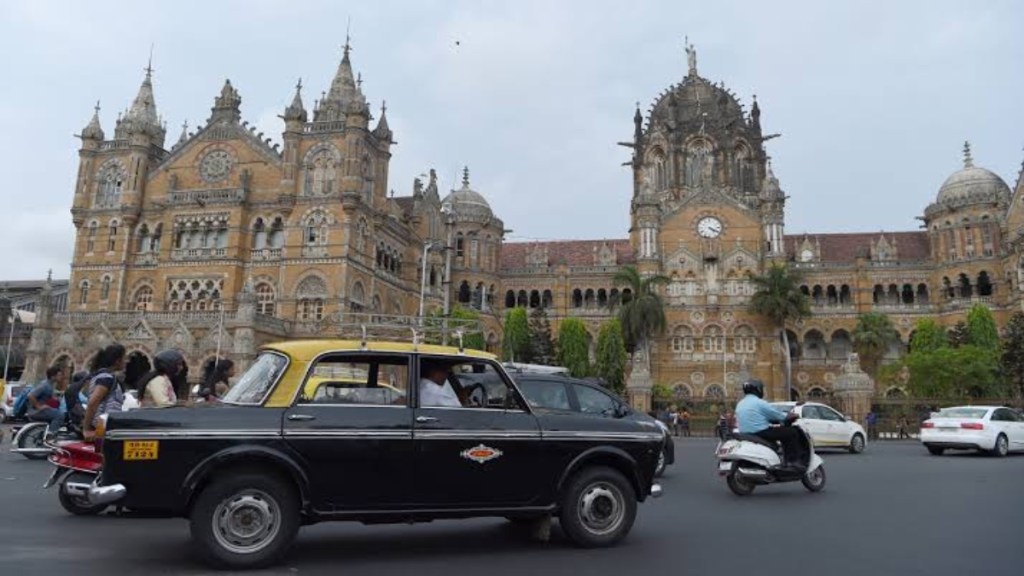App-based taxi rides in Mumbai and Pune are likely to get significantly more expensive, with the Maharashtra government recommending a substantial hike in base fares following negotiations with Ola and Uber. Officials said on Thursday that the suggested revision comes after sustained protests by drivers’ unions, who have long demanded parity between app-based cab fares and traditional ‘kaali-peeli’ taxis.
If implemented, Mumbai’s base fare for app cabs will increase by 50 per cent, from Rs 16 per kilometre to Rs 24. Pune will also see a rise from Rs 12 to Rs 18 per kilometre. The move marks a major shift in pricing policy and could affect thousands of commuters who rely on app-based cabs for daily transport.
Union pressure and policy response
The fare hike recommendation is widely viewed as a political concession to union pressure. Driver associations have argued that current rates make it nearly impossible for drivers to earn a sustainable livelihood. In earlier discussions, the government had reportedly promised to secure a written commitment from Ola and Uber on fare revisions.
“This recommendation is the first formal step towards fulfilling that assurance,” said an official involved in the mediation. Drivers have also demanded better working conditions, including more transparent earnings and fewer platform charges.
Impact on commuters and legal backdrop
For commuters, the fare hike could mean a steep rise in daily transport costs, even for short distances. The development has drawn mixed reactions, with some supporting the need for fair wages for drivers, while others express concern over affordability.
A spokesperson from a leading cab aggregator warned, “This move disregards the interests of millions of everyday commuters who rely on affordable mobility. Fare hikes of this scale, pushed under pressure, risk shrinking demand and hurting drivers in the long run.”
Adding to the complexity, the Bombay High Court on July 23 issued an interim order restraining protesting union members from obstructing Uber services, threatening drivers or passengers, or damaging vehicles. The Court has also directed police to ensure protection for app-based drivers, vehicles, and company premises.


